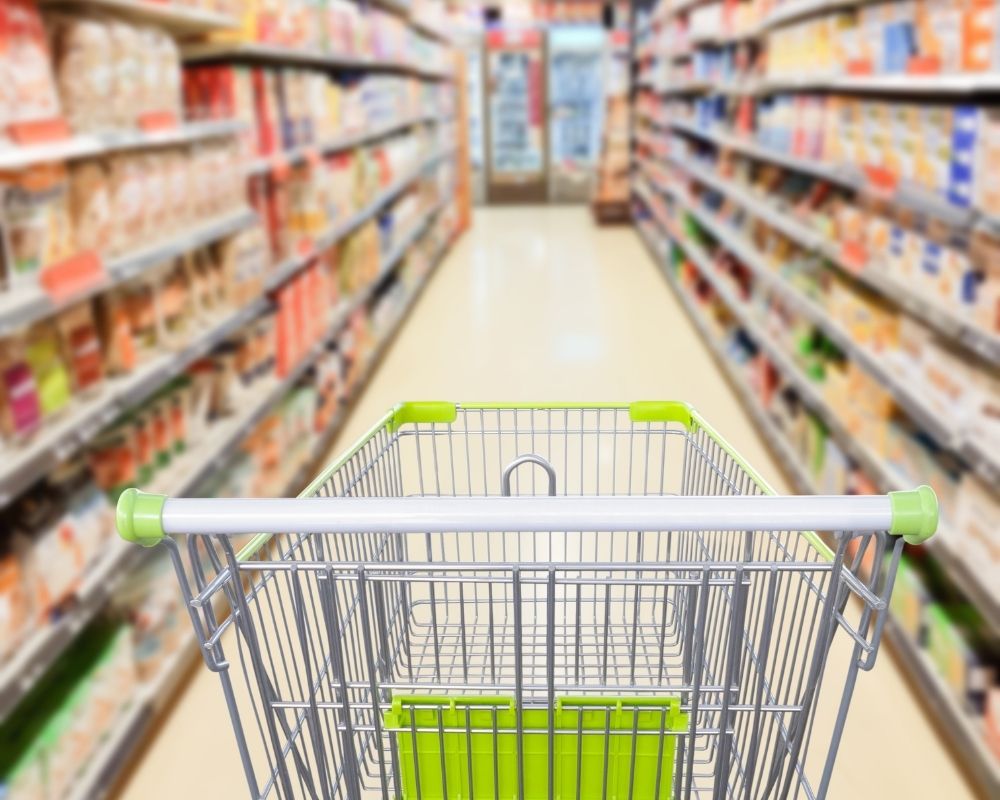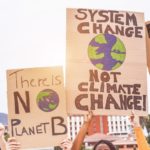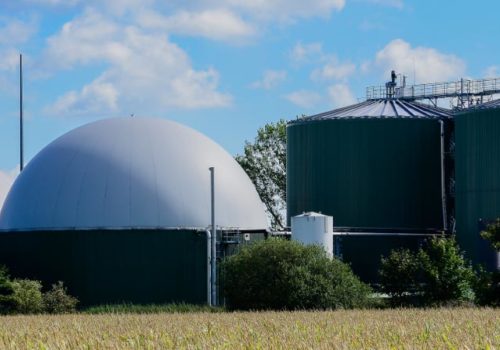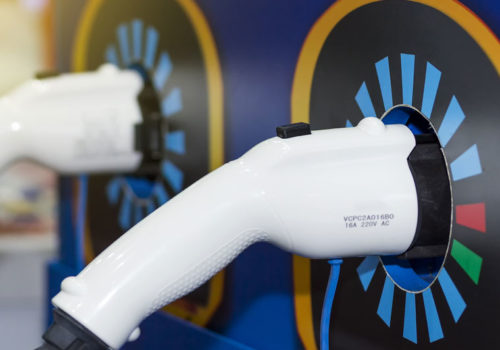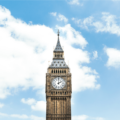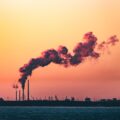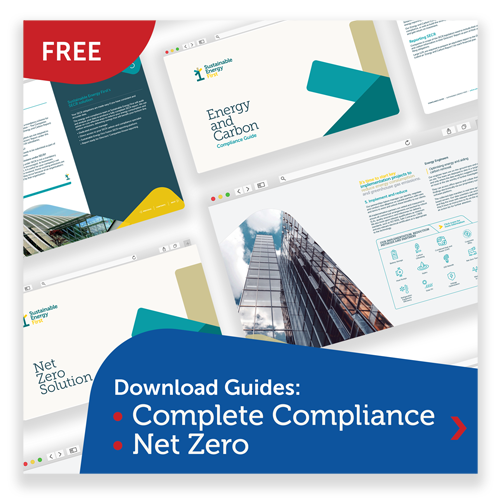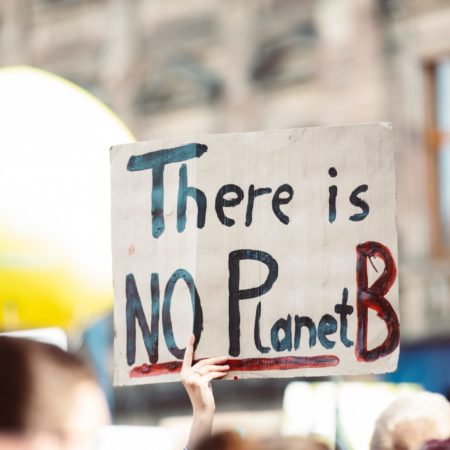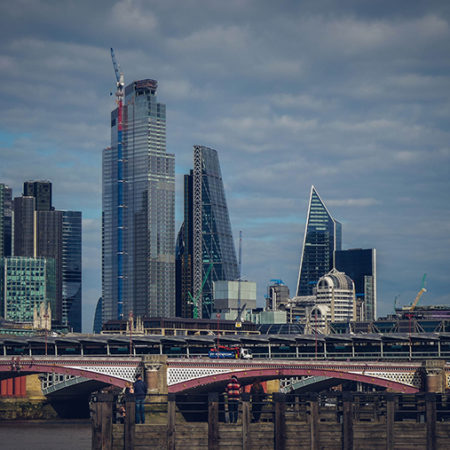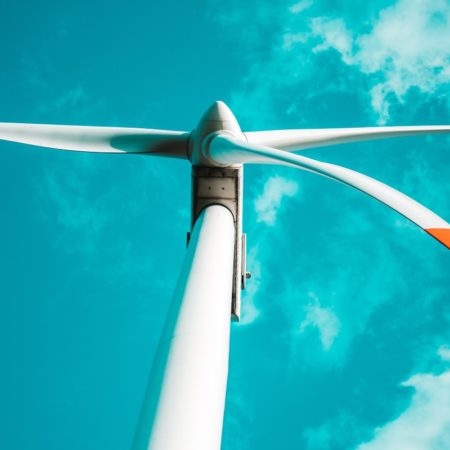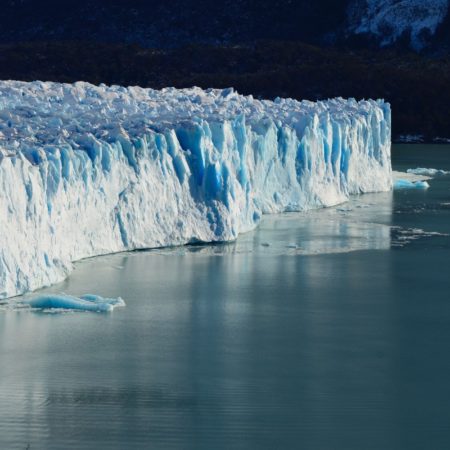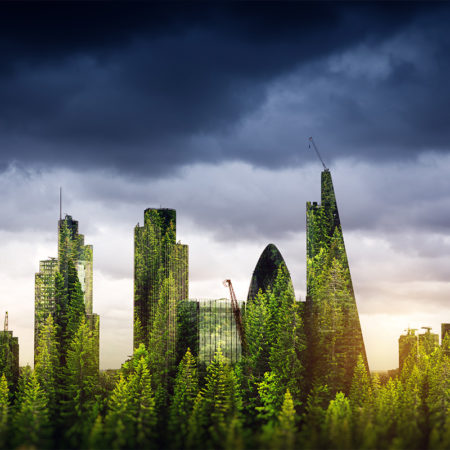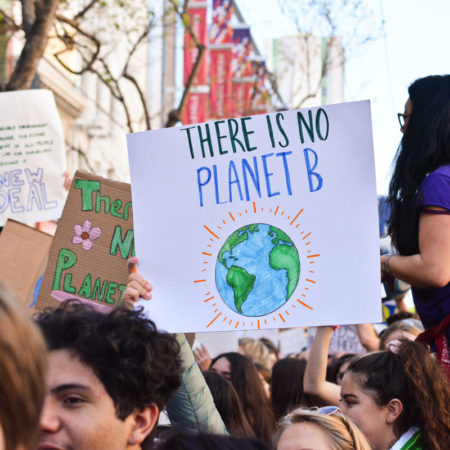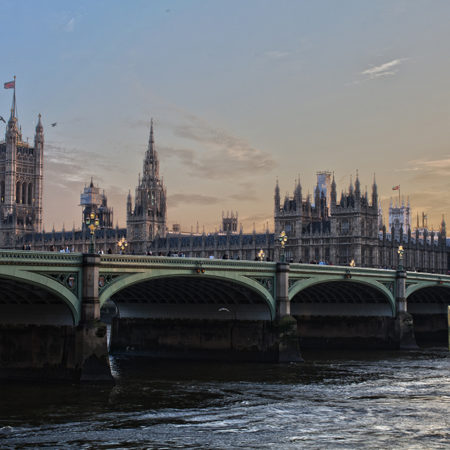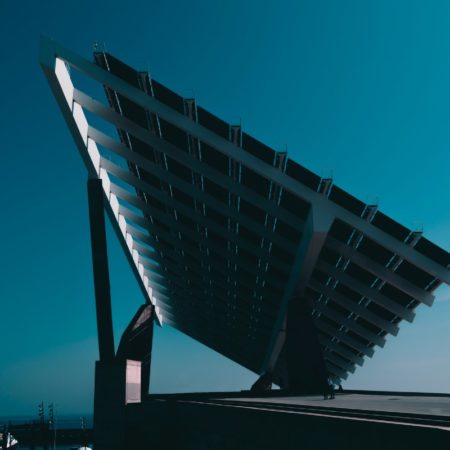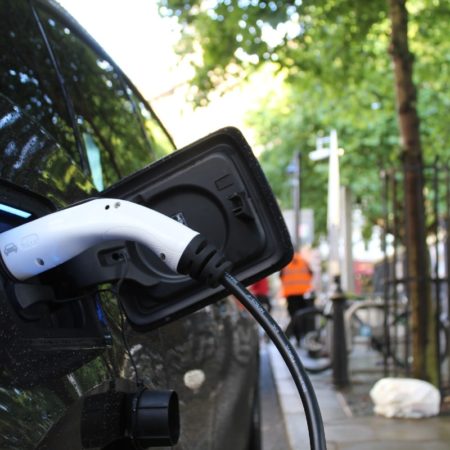At the last count in February 2020, almost half of global GDP was covered by net zero emissions targets. Since then China has pledged net zero by 2060, and Japan and South Korea are the latest countries to follow suit.
We’re seeing more and more decisive action from the private sector too, including a few key announcements from major retailers this month. In case you missed them, here’s our roundup of the latest countries and corporates pledging net zero.
ASDA sets 2040 net zero target
British supermarket group Asda has committed itself to generating net zero carbon emissions by 2040. The company also committed to reducing waste by 50% and having a net “regenerative impact on nature” no later than 2050. It said its customers will not pay more for greener options.
To coincide with the pledges, Asda has opened its first sustainability trial store in Leeds, designed to help customers shop more sustainably. The store includes large refill stations offering customers a selection of more than 30 household staples in refillable format, including Kellogg’s cereals, PG Tips tea bags, Asda’s own brand rice and pasta, as well as popular brands of shampoo, conditioner and laundry detergent.
Japan’s new prime minister announces 2050 net zero goal
Japan is aiming to cut greenhouse gases to zero by 2050 and become a carbon-neutral society, Japan’s new Prime Minister Yoshihide Suga said this month.
Plans for achieving parts of the goal will be drawn up by the end of the year, but Suga indicated that new solar cells and carbon recycling would be key – Japan will intensify research and development in those areas, along with digitalising society.
Japan is the world’s fifth-biggest emitter of carbon dioxide, and the setting of a net zero target represents a major shift in the country’s position on climate change.
Suga said, “We need to change our thinking to the view that taking assertive measures against climate change will lead to changes in industrial structure and the economy that will bring about great growth.”
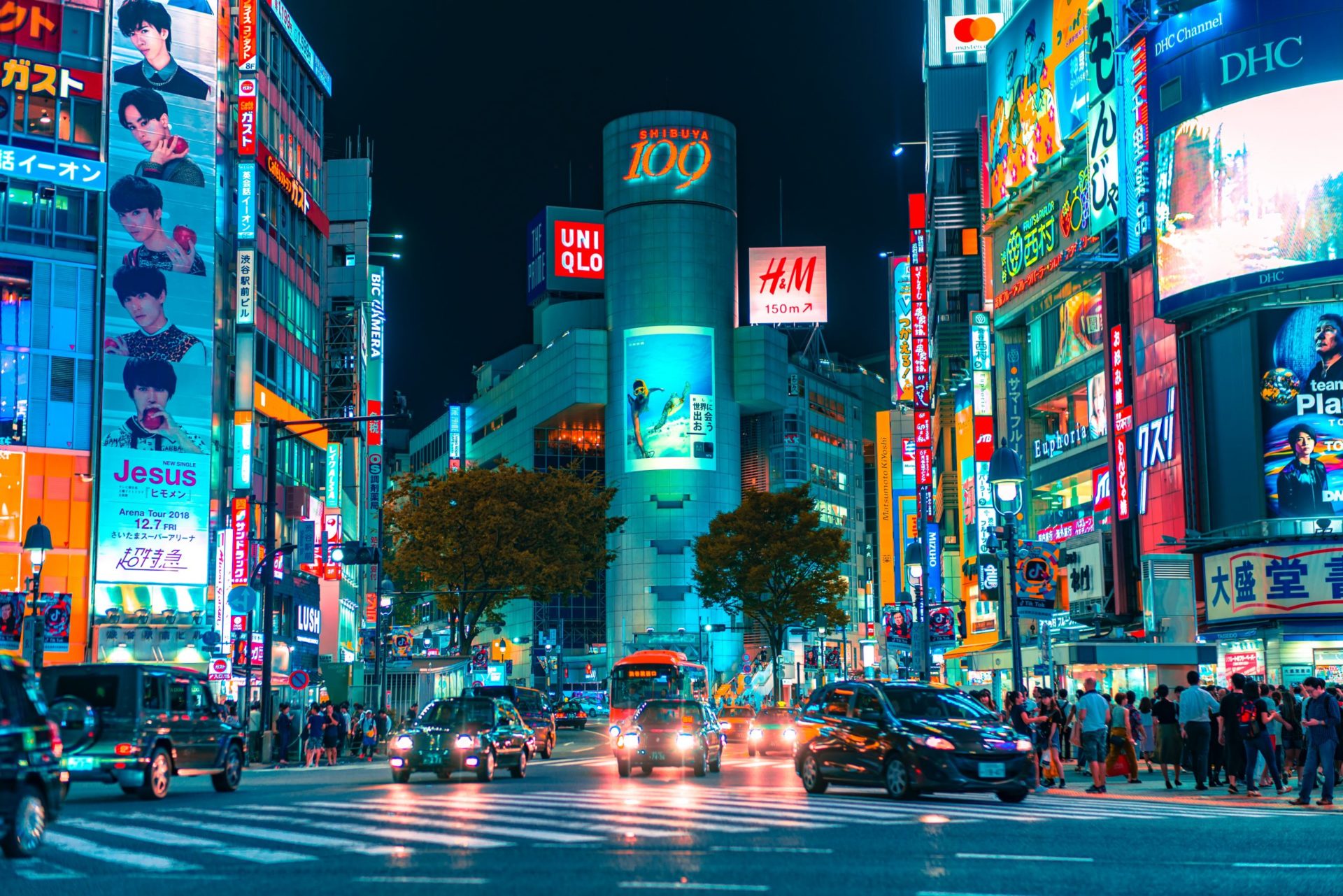
South Korea sets sights on net zero by 2050
Japan’s neighbour South Korea also announced a net zero target this month, with President Moon Jae-in declaring that the country will achieve net zero emissions by 2050. It’s a particularly significant target considering that the country is one of the world’s most fossil-fuel reliant.
The target will be supported by a “Green New Deal” package that was announced in July to help the economy recover from the fallout of COVID-19. The plan includes remodelling public buildings, creating urban forests, recycling, establishing a foundation for new and renewable energy, and creating low-carbon energy industrial complexes to reduce reliance on fossil fuels.
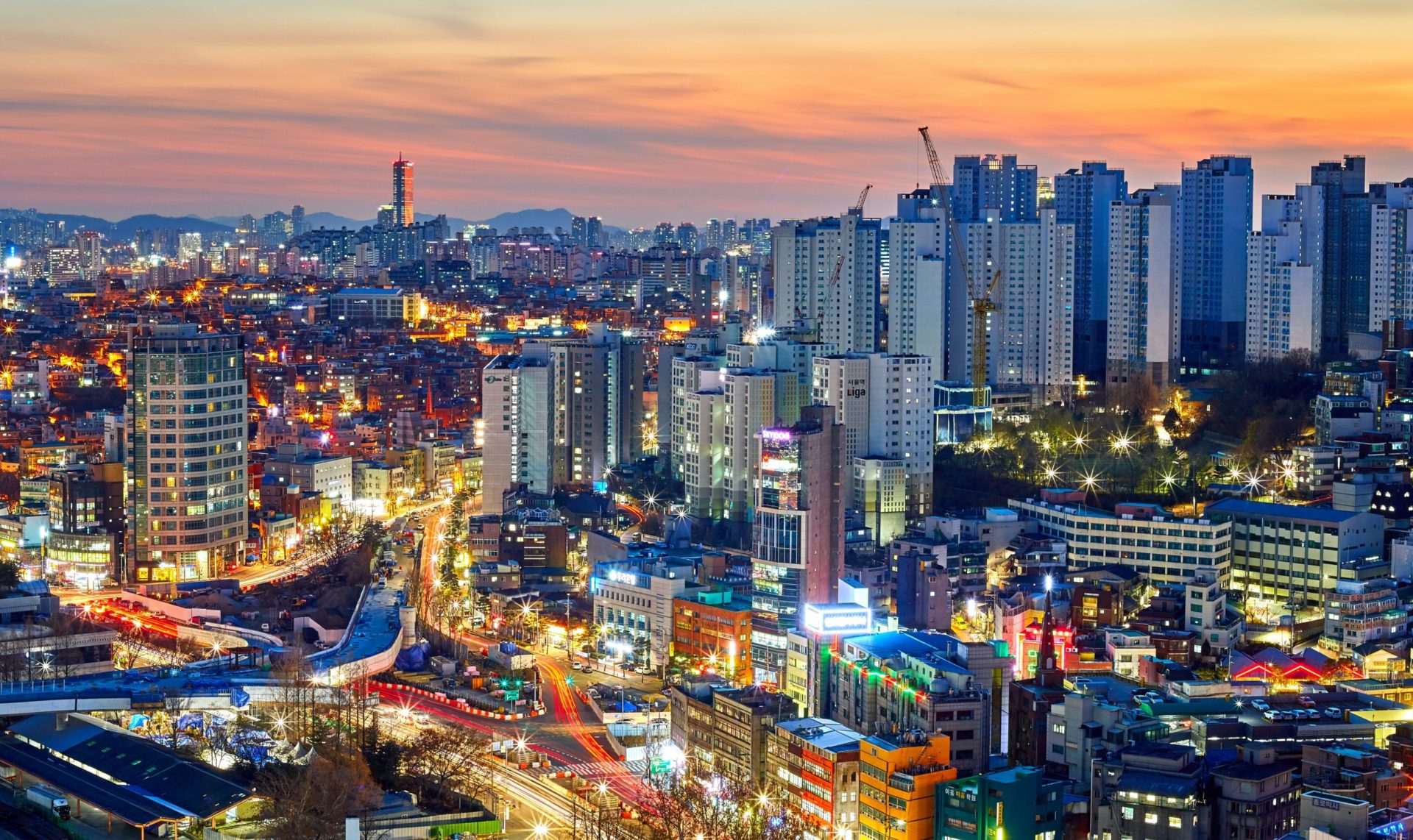
High Speed 1 pledges to be “fully carbon neutral within a decade”
HS1 Ltd, the operator of the UK’s only high-speed railway has announced plans to achieve net zero emissions by 2030, as part of its new sustainability strategy.
HS1 links London, Kent and the Channel Tunnel, and its operator says it is on track to become the first UK railway to run entirely on renewable energy.
Dyan Crowther, CEO of HS1 Ltd said, “As the UK’s only high-speed railway, we already deliver phenomenal environmental benefits to the UK and beyond, offering a more environmentally friendly alternative to cars and planes. Our international high-speed line removes the equivalent of 60,000 short-haul flights, or 750,000 tonnes of CO2e, each year, whilst providing £7 million of UK environmental benefits as a result of people choosing to take the train rather than fly.”

HSBC to reduce customer portfolio emissions to net zero
International banking giant HSBC has set out new net zero plans – including a pledge to reduce financed emissions from its portfolio of customers to net zero by 2050 or sooner.
It says it will intensify support for customers to switch to more sustainable ways of doing business, and will “play a leading role in advising them on their journey towards net zero.”
HSBC has also set a target to achieve net zero in its own operations and supply chain by 2030 or sooner.
Group Chief Executive Noel Quinn said: “Our net zero ambition represents a material step up in our support for customers as we collectively work towards building a thriving low-carbon economy.”
John Lewis brings forward net zero target by 15 years
The John Lewis Partnership announced it will accelerate plans to become net zero, bringing its target date forward by 15 years to 2035.
As part of the plans, it has committed for Waitrose food to only be sourced from net zero carbon farms in the UK by 2035.
The retail group also wants to lead the ‘made to last’ movement, by offering a ‘buy back’ or ‘take back’ solution for all product categories by 2025, and sourcing all key raw materials in own-brand products from sustainable or recycled sources by 2025.

Primark commits to net zero value chain by 2050
Fashion retailer Primark has joined the United Nations’ Fashion Charter (UNFCCC), supporting the Charter’s 2050 net zero ambition and committing to a 30% reduction in greenhouse gas (GHG) emissions by 2030.
In joining the Charter Primark is committing to tackling emissions from across its entire value chain, including beyond its own operations, or ‘Scope 3 emissions’, which make up the vast majority of its carbon footprint. The retailer will set a decarbonisation pathway drawing on methodologies from the Science-Based Targets Initiative.



